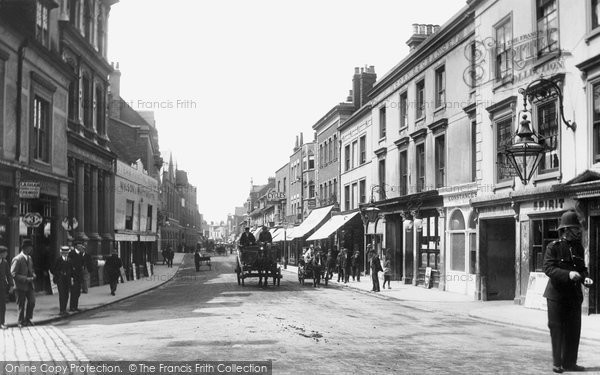Night Of The V1 Bomb
A Memory of Romford.
After we were bombed out in London my parents bought a house in Romford, Essex. My father was working for the Ford Motor Company that had converted its assembly lines to manufacture Bren gun carriers and other war time vehicles. In his absence my mother and I typically slept in a bomb shelter in our garden, but on this significant night we slept under the stairs. I had seen V1 bombs flying overhead and was familiar with the rhythmic throbbing sound and knew that if that sound stopped the bomb would soon plummet to ground; on that night we heard the sound of the V1, and it stopped. There was an ear splitting explosion and the doors and windows of our house were shattered. As dawn broke I remember creeping out of the house to see a massive pile of rubble at the lower part of our street. Most of the houses were totally destroyed and that is where most of my young friends lived. They did not survive. When my father arrived from his night shift he stood at the bottom of the street and in dismay saw the extent of the destruction thinking that we too had perished. By the time he located us we had been moved to a local church hall where we stayed until our house had been made habitable again. I was blessed that we lived at the top of the street.
Shortly after I was unable to walk and remember attending Oldchurch hospital for many treatments. The photos bring back many memories of the wonderful nursing staff and doctors there.
I have been trying to locate photos or news reports of the V1 bombing but so far have not been successful. Any suggestions would be apprecated.
Add your comment
You must be signed-in to your Frith account to post a comment.
Add to Album
You must be signed in to save to an album
Sign inSparked a Memory for you?
If this has sparked a memory, why not share it here?




Comments & Feedback
The policy of diverting V-1 impacts away from central London was initially controversial. The War Cabinet refused to authorise a measure that would increase casualties in any area, even if it reduced casualties elsewhere by greater amounts. It was thought that Churchill would reverse this decision later (he was then away at a conference); but the delay in starting the reports to the Germans might be fatal to the deception. So Sir Findlater Stewart of Home Defence Executive took responsibility for starting the deception programme immediately, and his action was approved by Churchill when he returned.